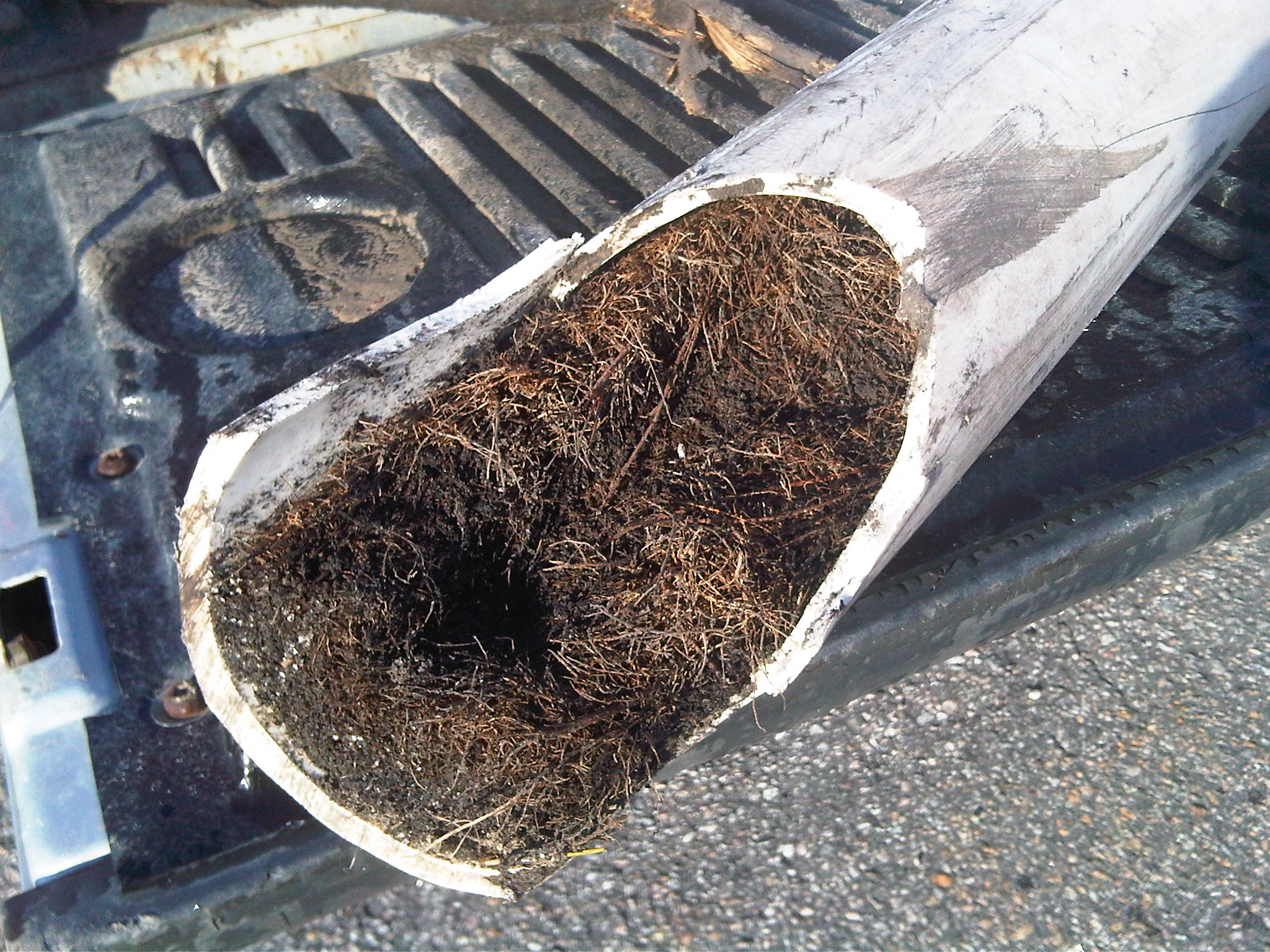A blocked sewer line can be a major inconvenience, leading to foul odors, backed-up drains, and even potential health risks. While it is always advisable to seek professional assistance for severe blockages, there are several effective methods you can try to fix a blocked sewer line on your own.

Image: www.eagleservicecompany.com
In this comprehensive guide, we will delve into the various causes of sewer blockages and provide step-by-step instructions for the most common methods of unclogging sewer lines. Whether you are dealing with a clogged kitchen sink or a blocked main sewer line, this guide will equip you with the knowledge and techniques to restore the flow and eliminate the nasty odors.
Causes of Sewer Blockages
Before attempting to unclog a sewer line, it is crucial to understand the potential causes of the blockage. Some common culprits include:
- Tree Roots: Roots from nearby trees can penetrate and grow into sewer lines, causing blockages.
- Grease and Fat: Dumping grease or fat down the drain can solidify and accumulate in the sewer lines.
- Foreign Objects: Flushing non-biodegradable items such as wipes, sanitary napkins, or toys down the toilet can create blockages.
- Mineral Buildup: Over time, mineral deposits can accumulate on the inside of sewer lines, causing a gradual reduction in flow.
- Collapsed or Broken Sewer Lines: Ground movement or structural damage can cause sewer lines to collapse or break, leading to blockages.
Unclogging Methods
Depending on the cause and severity of the blockage, several methods can be used to unclog sewer lines. Here are the most common techniques:
1. Drain Snakes
Drain snakes are flexible, auger-like tools that can be used to manually remove blockages. The snake is inserted into the drain and pushed through the blockage until it breaks up.

Image: greenhouseplumbing.com
2. Hydro-Jetting
This method uses high-pressure water to clear blockages. A specialized nozzle is connected to a hose and inserted into the drain. The powerful water jet blasts away the blockage.
3. Chemical Drain Cleaners
Chemical drain cleaners contain harsh chemicals that can dissolve organic blockages such as grease or hair. It is important to use these cleaners with caution and follow the manufacturer’s instructions carefully.
4. Baking Soda and Vinegar
This natural unclogging solution combines one cup of baking soda with half a cup of white vinegar. The mixture creates a foaming reaction that can help break up minor blockages.
5. Plunger
A plunger can be used to create suction and dislodge blockages in sinks or toilets. Fill the basin with water and place the plunger over the drain. Push and pull the plunger vigorously to create pressure that can break up the blockage.
Steps to Unclog a Sewer Line
Before attempting to fix a blocked sewer line, ensure safety by wearing protective gloves and eyewear. Gather the necessary tools and materials, such as a drain snake, wrench, or plunger. Follow these steps:
For Minor Blockages
- Try using a drain snake or plunger to clear the blockage.
- Pour a mixture of baking soda and vinegar down the drain.
- Use a chemical drain cleaner according to the manufacturer’s instructions.
For Major Blockages
- Call a licensed plumber.
- Do not attempt to unclog the blockage yourself if it is severe.
- Professional plumbers have specialized tools and expertise to safely and effectively clear major blockages.
How To Fix A Blocked Sewer Line
Preventive Maintenance
To prevent future sewer line blockages, adopt these preventive measures:
- Never flush non-biodegradable items down the toilet or drains.
- Dispose of grease and fat in a separate container instead of pouring it down the drain.
- Install a lint trap on your washing machine to prevent lint from entering the sewer lines.
- Have your sewer lines inspected and cleaned by a professional plumber every 2-3 years.
By following these steps and tips, you can effectively unclog sewer lines and prevent future blockages, ensuring a smoothly flowing drainage system in your home.







